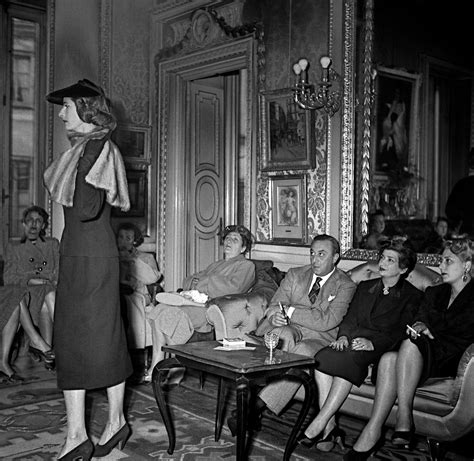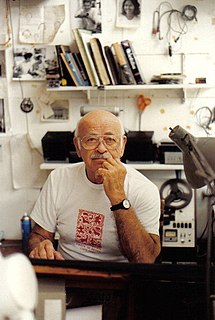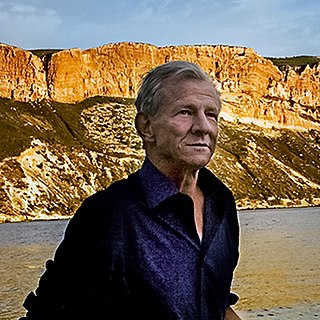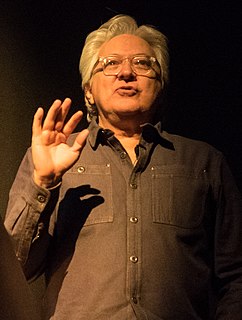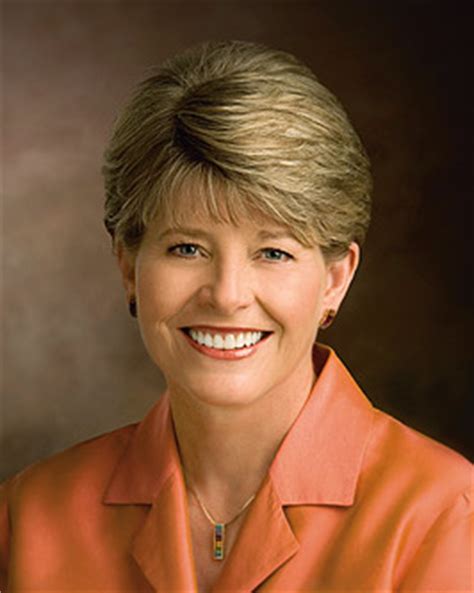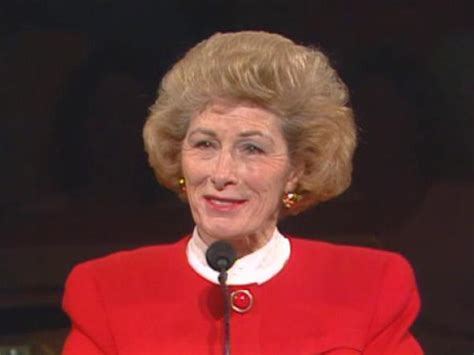A Quote by Frank Horvat
There's this idea that photography is a kind of testimony and therefore we're forbidden to tell lies with it. I think that's nonsense. Photography isn't testimony.
Related Quotes
Testimony is the beginning of and a prerequisite to continuing conversion. Testimony is a point of departure; it is not an ultimate destination. Strong testimony is the foundation upon which conversion is established. Testimony alone is not and will not be enough to protect us in the latter-day storm of darkness and evil in which we are living.
I don't know that there were any rules for documentary photography. As a matter of fact, I don't think the term was even very precise. So as far as I'm concerned, the kind of photography I did in the FSA was the kind of photography I still do today, because it is based on passionate concern for the human condition. That is the basis of all the work that I do.
To know whether photography is or is not an art matters little. What is important is to distinguish between good and bad photography. By good is meant that photography which accepts all the limitations inherent in photographic technique and takes advantage of the possibilities and characteristics the medium offers. By bad photography is mean that which is done, one may say, with a kind of inferiority complex, with no appreciation of what photography itself offers: but on the contrary, recurring to all sorts of imitations.
Testimony is a result of choice, not circumstance. In all seasons of my life, testimony has been a conscious choice - and this choice has given everything else in my life meaning. Building a testimony is the beginning of building a happy life. Testimony grows step by step as we invest the effort to exercise faith and hope as active parts of everyday living. Prayer is a major tool to help us gain faith and hope.
